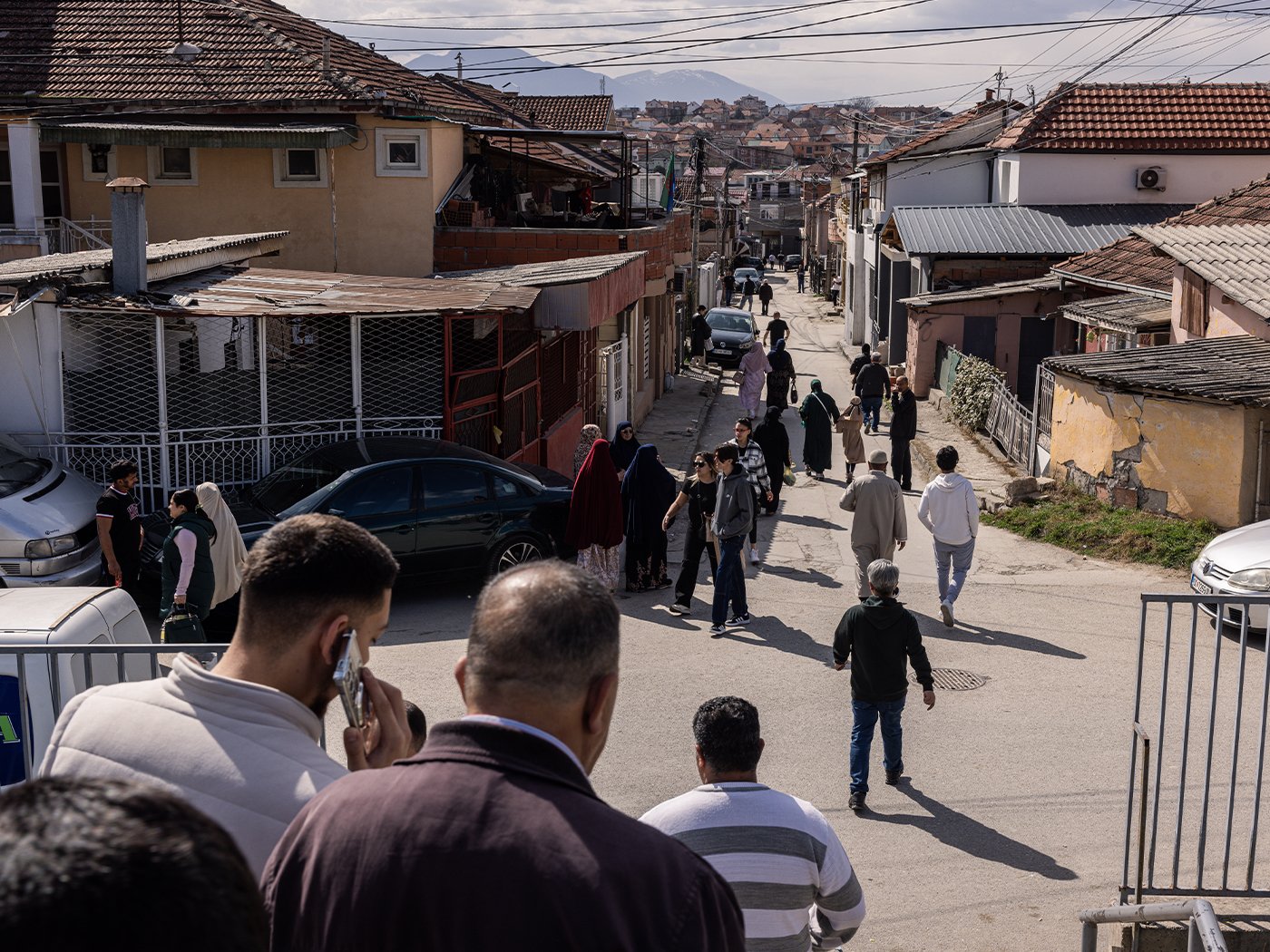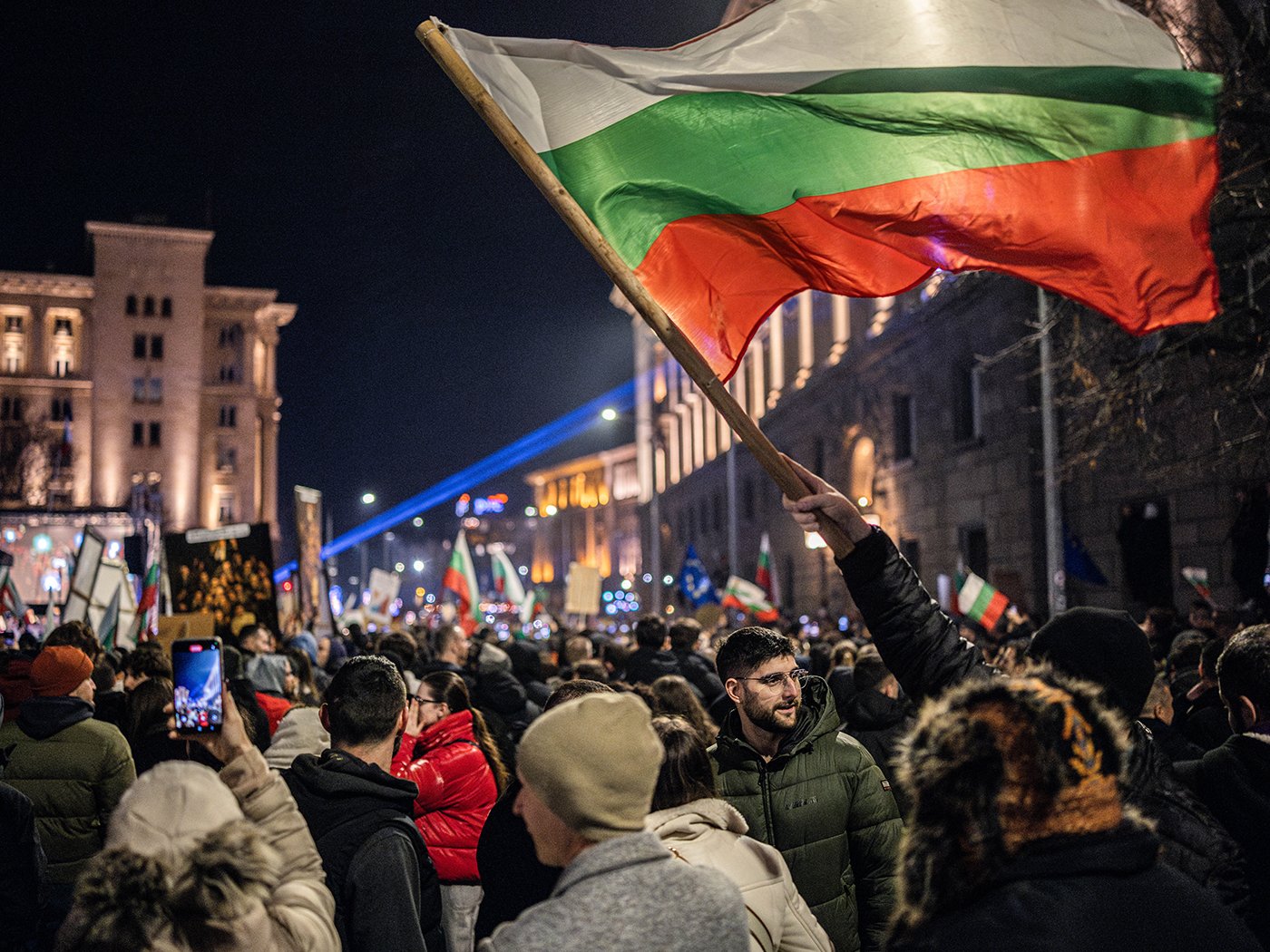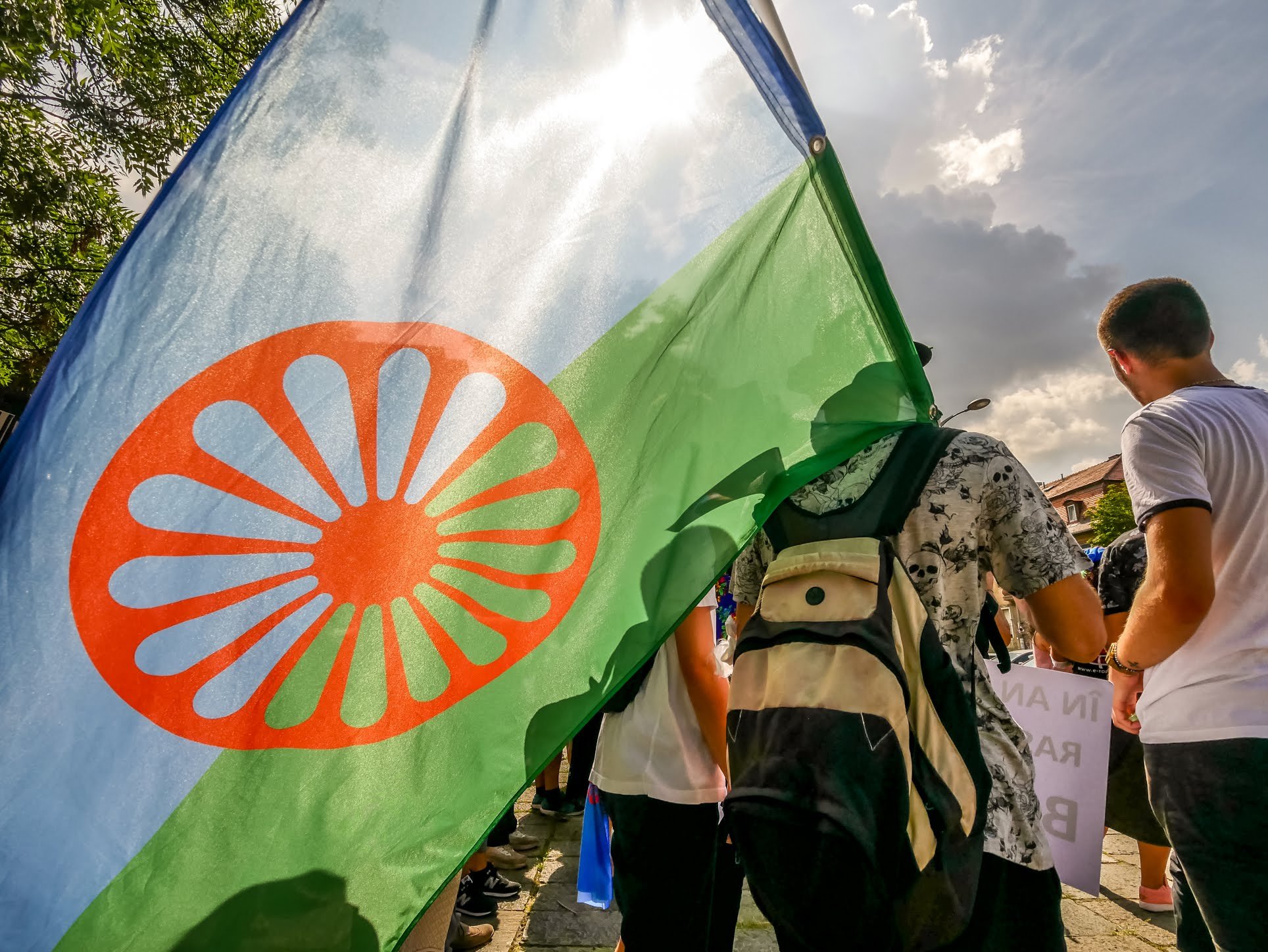The elections in Romania are a test of whether the nation can embrace inclusion and reject the forces undermining its democracy.
Romania’s 2024 elections are taking place against the backdrop of a deeper struggle: a battle over the country’s identity, its place in Europe and its commitment to democracy. The unexpected rise of far-right ultranationalist Călin Georgescu has jolted the political establishment. As the nation braces for December’s presidential runoff and parliamentary vote, it faces a pivotal choice: will it embrace inclusion, stability and progress or succumb to the division and exclusion that threaten to erode its democratic foundations?
At the heart of this choice lies a question Romania has evaded for decades: what does the future hold for its 2.5 million Roma citizens? The treatment of the Roma is more than a measure of Romania’s moral conscience—it is a litmus test for its political and economic health. The country’s youngest and fastest-growing demographic, the Roma embody untapped potential to revitalise the workforce, reinforce democratic institutions, and strengthen European commitments. Decades of systemic exclusion, however, have transformed this potential into a vulnerability that is exploited by far-right forces and foreign powers such as Russia.
The rise of far-right extremism is not occurring in a vacuum. Figures like Georgescu, with their xenophobic rhetoric and murky ties to Moscow, thrive on societal divisions.
The Roma, often cast as scapegoats, have become both tools and targets of this strategy. Economic exclusion and political disenfranchisement are not just symptoms of societal decay; they are intentional divisions used by far-right extremists to erode trust in democratic institutions.
Russia sees these fault lines as strategic opportunities and has mastered the art of exploiting ethnic discord to destabilise its neighbours. Romania’s failure to integrate its Roma population provides fertile ground for such interference and undermines its credibility as a stable democracy and a trusted European partner.
National Security at Risk
In a 2021 report, the European Union Agency for Fundamental Rights (FRA) warned that Roma in Romania face high levels of discrimination and hate-motivated incidents—a societal fracture that far-right groups and foreign powers have been eager to exploit. Nationalist movements like the Alliance for the Union of Romanians (AUR) and Georgescu’s emerging platform thrive on anti-Roma sentiment, using it to rally their voters and dismantle democratic norms. Under the pretence of defending sovereignty and traditional values, they work to hollow out Romania’s democracy. Georgescu’s flirtation with authoritarianism and alignment with pro-Russian narratives make an unstable situation even more uncertain.
The exclusion of the Roma—nearly 10% of the population—is more than a moral failure. It is an increasing danger to national security. Without meaningful reforms, Romania’s democratic institutions remain fragile, unable to withstand internal and external pressures, and the impact of this is broad, reaching into the everyday lives of citizens. When law enforcement disproportionately targets Roma or when the judiciary system fails to deliver justice, public trust crumbles. Despite repeated European Court of Human Rights (ECHR) rulings condemning such abuses, progress on combatting them has stalled, further deepening a crisis of governance.
The Economic Toll of Exclusion
Excluding the Roma is a costly mistake that Romania can no longer afford. The European Commission estimates that it costs the EU €5.7 billion annually, with Romania shouldering over €1 billion of this burden. High poverty rates—78% of Roma are at risk of poverty and 53% live in severe material deprivation—signal an economic haemorrhage. Only 41% of Roma report having a paid job, 35% of whom are considered working. poor, and 59% of Roma youth are not in employment, education or training, depriving the nation of a productive workforce, draining tax revenue, and limiting consumer spending. These numbers reveal a cycle of economic stagnation that hurts every Romanian. High emigration rates only compound the problem; large numbers of young people, both Roma and non-Roma, seek better opportunities abroad and their loss diminishes Romania’s economic competitiveness.
Investing in education and employment for Roma is a strategic necessity. Every euro invested yields a return of €2 to €5—in the case of early childhood education it rises to between €7 and €17—a remarkable potential for growth that remains largely untapped. Imagine the economic transformation that could come from ensuring equitable access to quality education and empowering Roma entrepreneurs.
The Need for Inclusive Governance
Political representation is another area where Romania has fallen short. Despite their numbers, Roma hold only 150 of the country’s 40,000 municipal council seats. This stark underrepresentation deprives Roma of the ability to shape policies for their communities, leaving them vulnerable to political neglect and exploitation. Their exclusion is systemic and entrenched. For example, “public utility status”, which guarantees a seat in parliament and funding for minority groups, has been granted to a single Roma party closely linked to the country’s largest mainstream party, effectively eliminating real political alternatives. This monopolisation ensures that Roma voices are excluded, even in spaces ostensibly designed to represent them.
The exploitation does not stop there. Vote-buying and clientelism are pervasive, transforming elections into shallow transactions rather than genuine democratic exercises. This corruption not only denies Roma meaningful participation but also corrodes the integrity of Romania’s entire democratic process.
Inclusive governance would benefit everyone. It stabilises democracy by ensuring that all communities are represented and engaged. Embracing this model is a strategic necessity for Romania as well as a matter of fairness. A democracy that excludes nearly a tenth of its population cannot claim legitimacy.
Vote to Defend the Nation
The 2024 elections are about choosing a future. Will Romania move toward progress and inclusion or will it fall prey to stagnation and division?
To defend democracy and ensure a brighter future, voters must reject the dangerous rhetoric of far-right extremism and vote for leaders committed to democracy. Romania needs leaders who will strengthen democratic institutions and uphold European values.
A vote for inclusion is a vote for national security. Romania needs leaders who will dismantle far-right extremist networks, counter foreign manipulation, and restore faith in the country’s ability to protect its people.
A vote for justice is a vote for fairness that benefits everyone. To create an equitable society, Romania needs leaders who will pledge to abolish the unconstitutional “public utility status” provisions that stifle Roma representation and who will commit to the reforms necessary for dismantling discrimination in housing, education and healthcare.
A vote for progress is a vote for economic transformation. Leaders who champion investments in education, employment and entrepreneurship—particularly for Roma—can unlock untapped potential and drive growth. Every euro invested in inclusion will build Romania’s economic strength and resilience.
Romania’s future depends on voters rejecting division and choosing leaders who represent inclusion, accountability and vision. Voting for them means voting against forces that seek to undermine the nation.
Vote to defend Romania. Vote for inclusion and justice. Vote for a future where every citizen has a stake in the country’s success. Now is the time.

Mensur Haliti
Vice President for Democracy and Network Development
The latest

Roma Exclusion Is a Security Blind Spot at Munich, Warns Roma Foundation for Europe

North Macedonia’s Week of Chaos—And the One Crisis the Government Chose to Put on TV

Bulgaria Must Choose Democratic Renewal Over Democratic Pretence
Browse by category
Campaigns
Events
Facts
Press
Voices
For media inquiries:
[email protected]Sign up here so you don’t miss out on campaign updates, upcoming events and other news from the Roma Foundation for Europe and our network.
Sign up for our newsletter